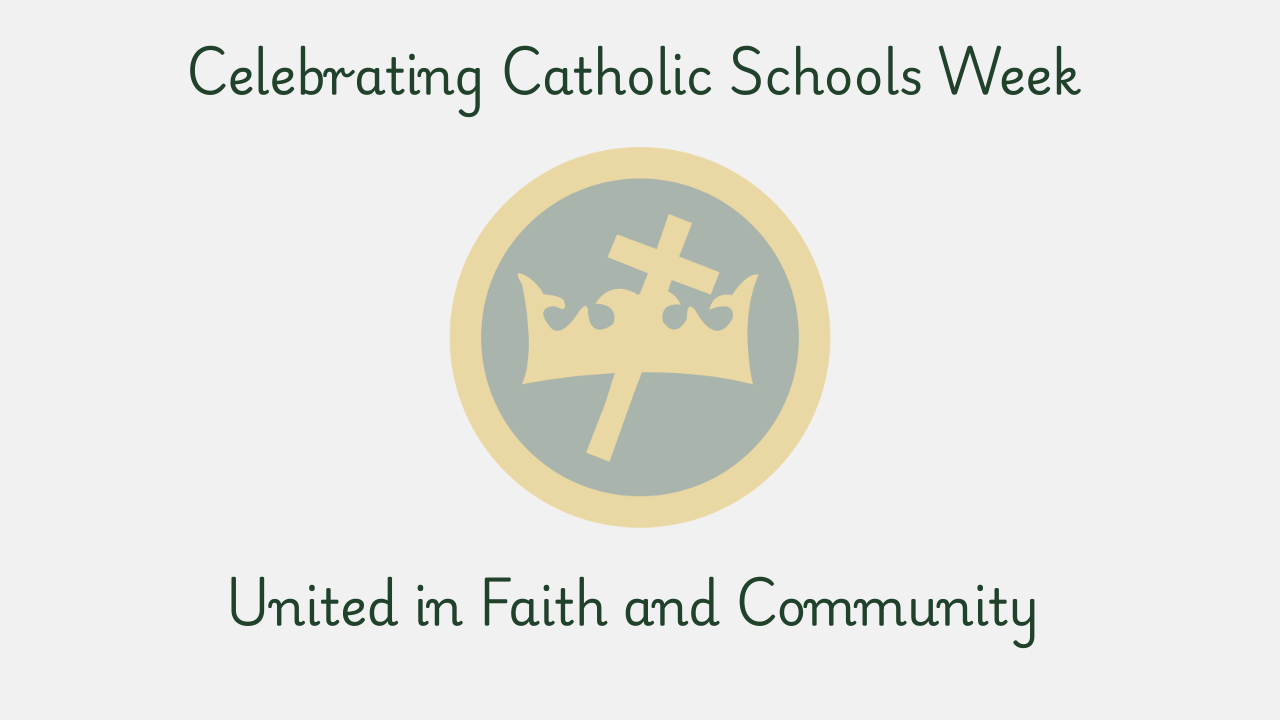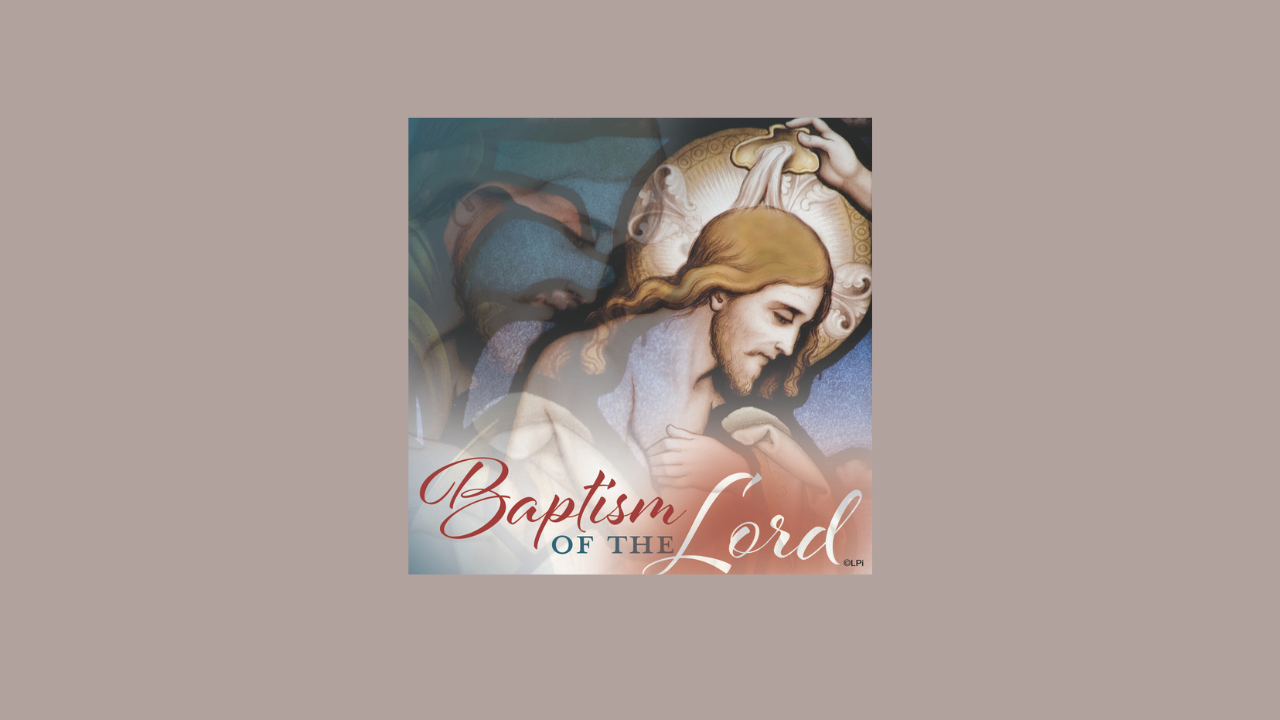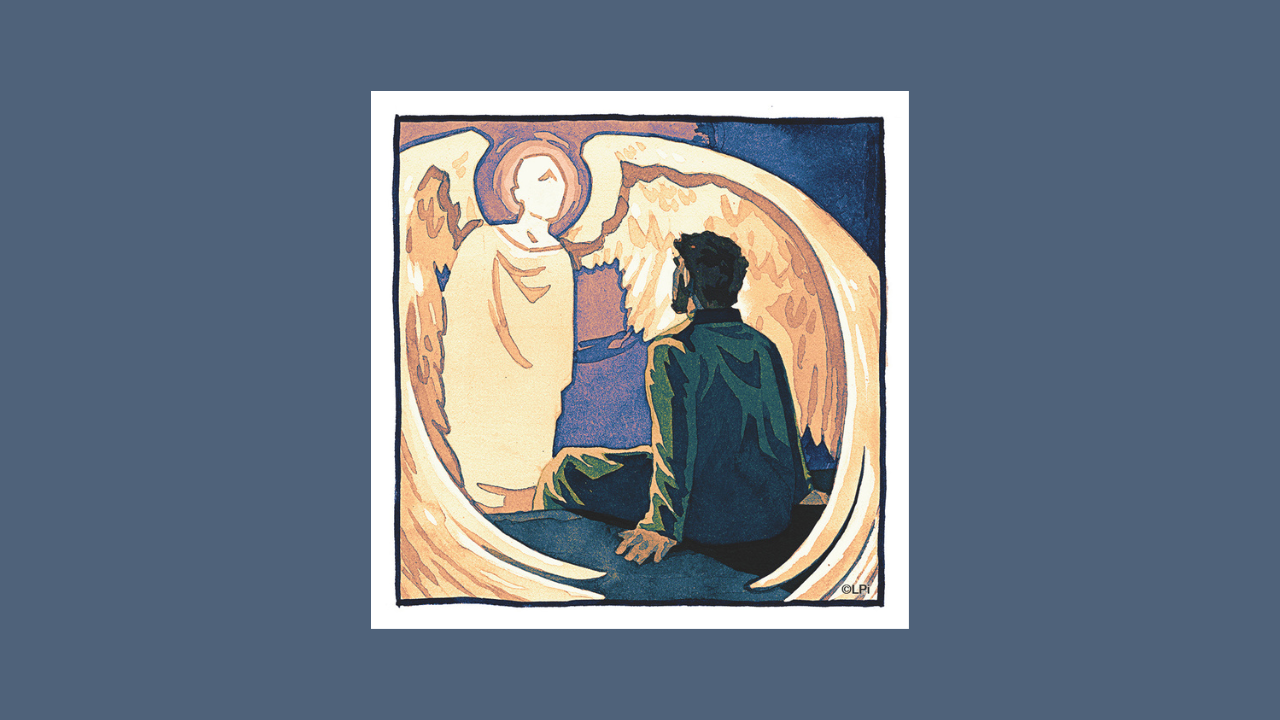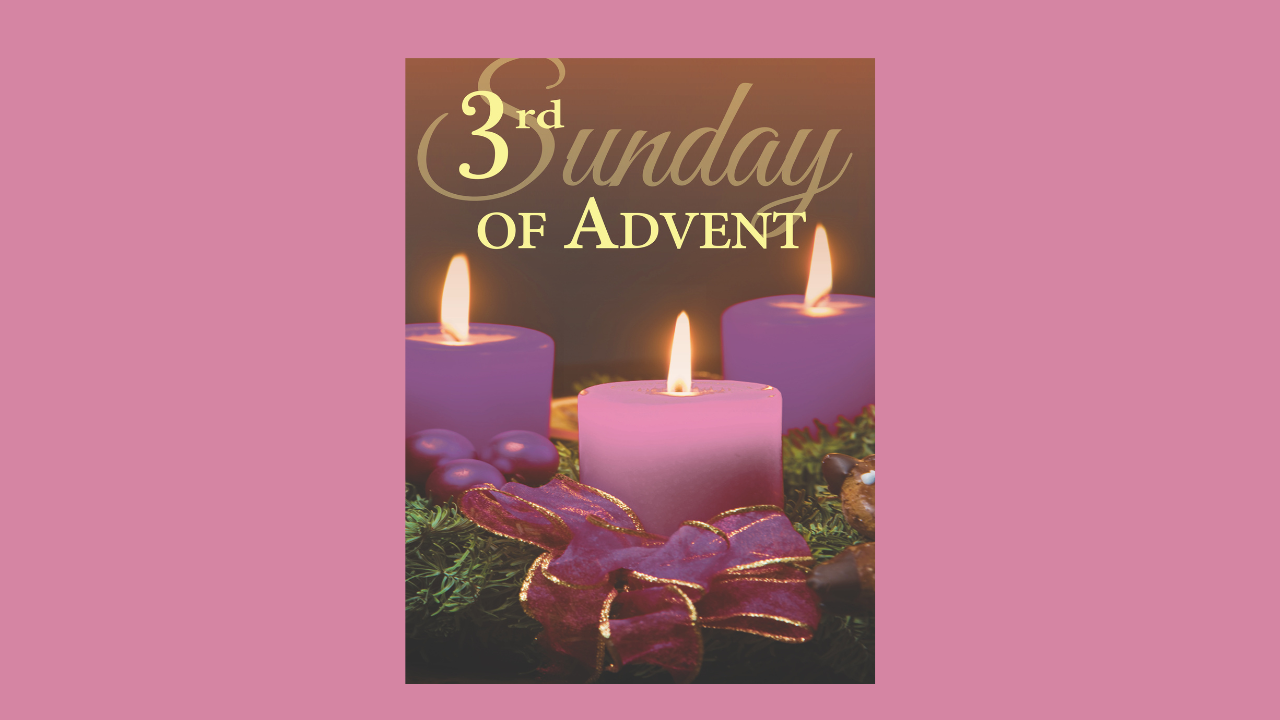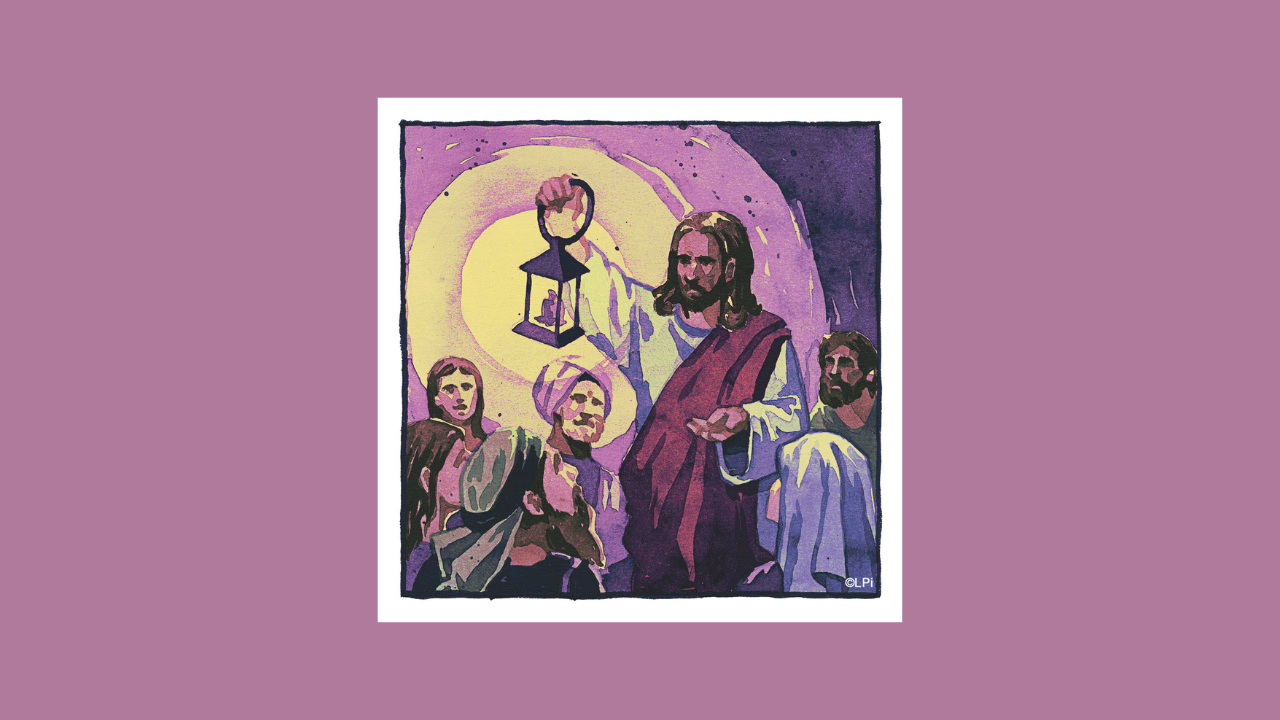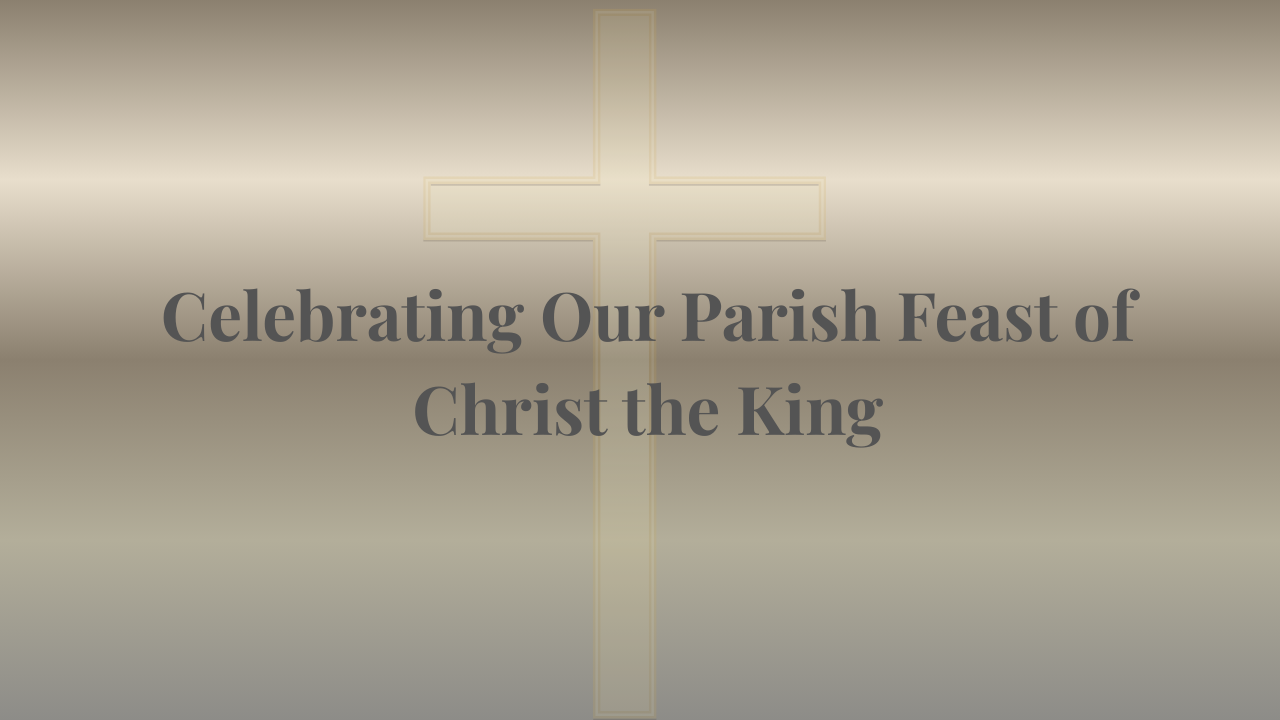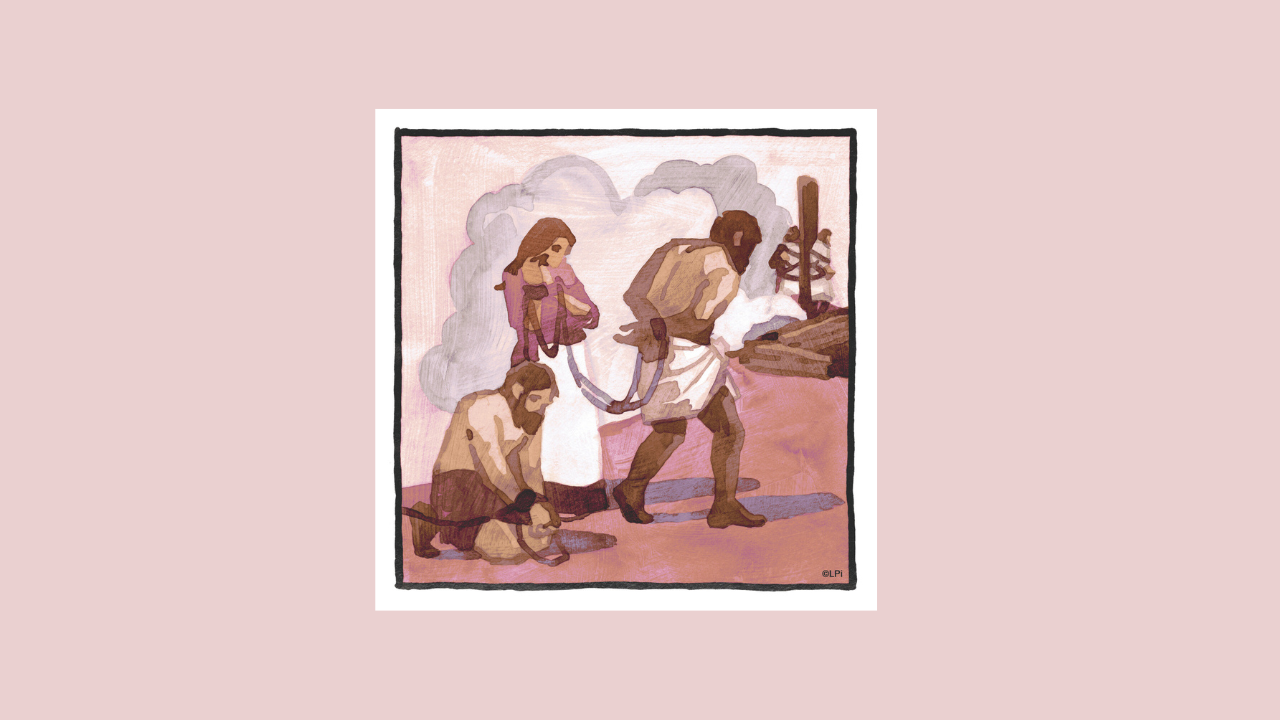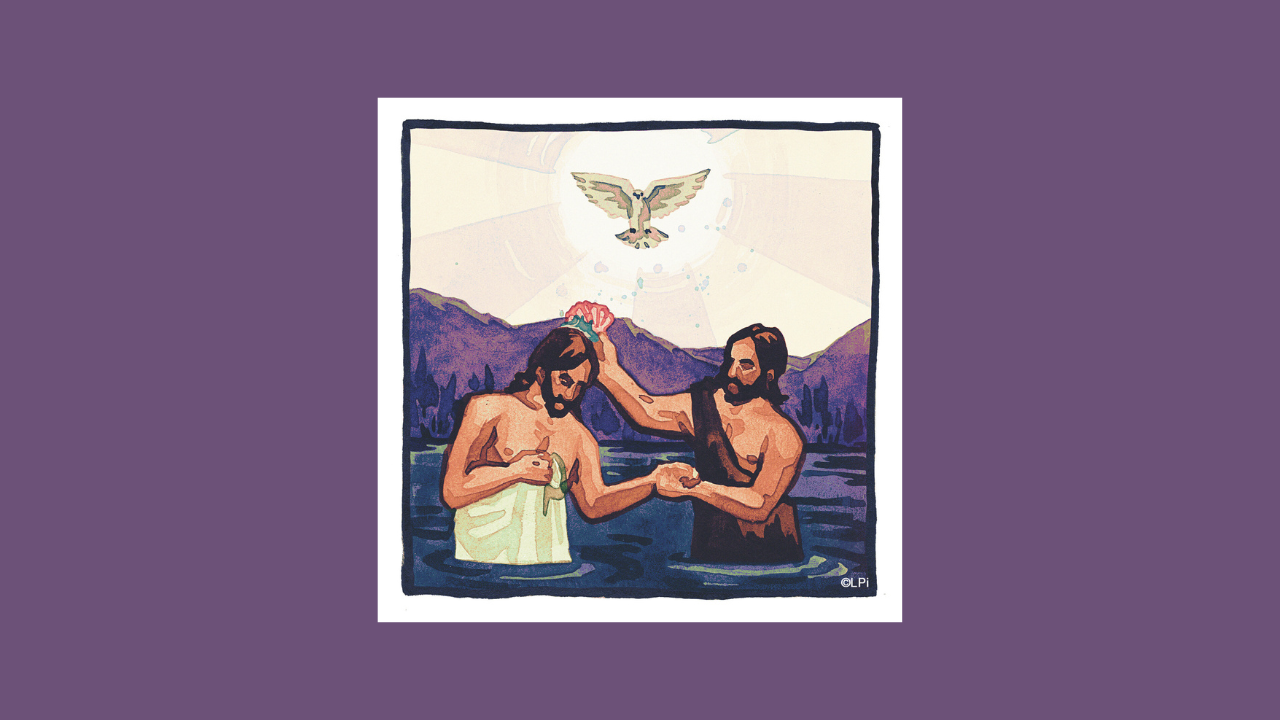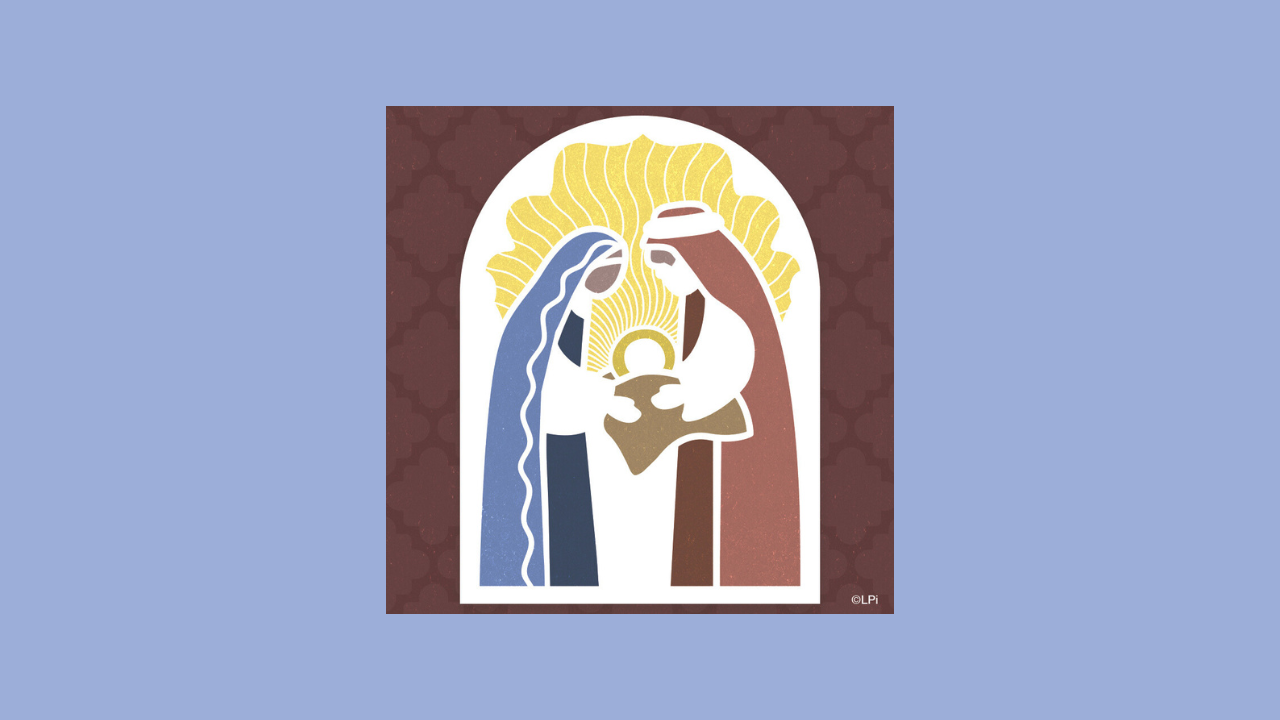"An Acceptable Time" by Fr. Chris House

Last Sunday, the 2nd Sunday in Ordinary Time, presented us with the Gospel of the wedding feast at Cana, particularly the sign of the water made wine. This first miracle by our Lord, as reported by John, points to the dawning of a new age, a new time: the time of the Messiah. These days of the Messiah are a time of grace and mercy, when God has opened up his own divine life to us in and through Jesus Christ. The good news for us is that these days are still upon us as the world continues to live in them until the Lord Jesus returns in his glory.
This Sunday’s Gospel continues the theme of Epiphany with Jesus’s proclamation in his home synagogue in Nazareth of the words of the Prophet Isaiah. Jesus proclaims The Spirit of the Lord is upon me, because he has anointed me to bring glad tidings to the poor. He has sent me to proclaim liberty to captives and recovery of sight to the blind, to let the oppressed go free, and to proclaim a year acceptable to the Lord. At the end of the proclamation, Jesus announces that today this Scripture passage is fulfilled in your hearing. He is the one of whom Isaiah spoke. He is the fulfillment of the promise of the prophets and the ultimate manifestation of God’s life, love, and grace in the world.
To bring sight to the blind, liberty to captives, glad tidings to the poor, and freedom to the oppressed is a monumental task, one that is fit for the Messiah…and for us. We cannot do any of these things as Jesus did, but, as disciples, we are called to carry Christ into the world each and every day. It is the Lord Jesus who brings true freedom and sight, who lifts up the soul and fills it with richness. We are the vessels, the messengers by which he chooses to be continually made known in the world. We are called each day to be deliberate in our discipleship, to make the conscious choice for him every day so that we may be an avenue through which Jesus can be known and touched by those whom we meet.
We are not tasked with this responsibility without any assistance. Luke tells us that in making this proclamation in Nazareth, Jesus had returned to Galilee in the power of the Spirit. The same is true for us. Through Baptism and Confirmation we are imbued with power of the Spirit to proclaim Jesus Christ in every aspect of our lives. Let us avail ourselves to the power of the Spirit that, in and through us, the Lord Jesus may continually be made known in the world, a world that needs to know and accept his love, his grace, and his mercy. Now is the acceptable time for us to answer this call.
Information About My Upcoming Sabbatical
Last month I announced here in my column that I will be heading out on a two month sabbatical. I was originally to spend it in the Holy Land last year but, as I am sure you are aware, conditions there made that impossible. I will be heading to Saint Meinrad Seminary and School of Theology located at Saint Meinrad Archabbey in southern Indiana; this is where I attended minor seminary; there I will spend those months in prayer and reflection but also doing research for my doctoral dissertation in canon law which will hopefully also lead to me getting some writing done while I am there. I will be gone from February 4th thru April 8th, back just before Holy Week begins.
While I am gone I do not expect the rhythm of parish life to be altered but slightly. Father Zach Samples, parochial vicar at St. Agnes, will be taking a Mass just about every weekend to save Father Alex from offering four Masses; Father Zach will also be taking the Thursday morning Mass so that Father Alex is able to have a day off each week. There are two minor alterations to note. First, Father Alex will be attending a workshop for priests in their first year of ministry from February 10th - 15th. There will be Communion services each morning that week with Deacon Scott. Second, beginning the week of February 17th, there will be no Wednesday 7AM Mass but all are welcome to attend the school Mass which will still be held at 8:30AM. Mass will still be at 7AM the other four weekdays. The reason for this is that a priest may say no more than two Masses on a weekday. By temporarily eliminating this one Mass time, it frees Father Alex to be available for a funeral Mass M,W,F, with Tuesdays already having two Masses due to Mass at area nursing facilities and Thursday being his weekly day off. The 7AM Wednesday Mass will resume the week of April 7th.
This May I will be ordained twenty-three years and this past August I marked twenty years working in the curia at the Catholic Pastoral Center. Honestly, I am looking forward to the short break, minus the research and writing but I’ve been asked to do it and so I will. While I am gone you will remain, as always, in my daily prayers. I won’t be responding to email or getting phone messages. Should there be a serious need that requires my attention, Father Alex and Mrs. Seaton, our principal, will get in touch with me. This will be a great learning experience for Father Alex and he is up to the challenge….please just don’t make the learning curve too steep!
Blessings to you and yours for the week ahead!
Father Chris House
